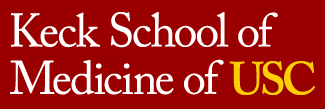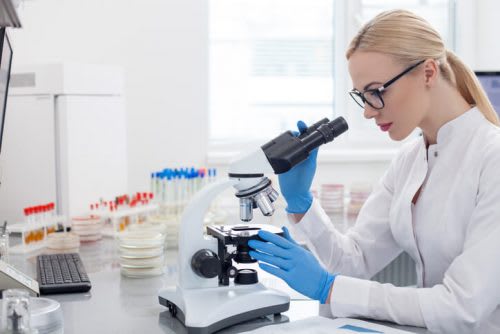What Does an Infectious Disease Specialist Do?
The roles and responsibilities associated with the infectious disease specialist can vary from one position to the next, but some of the most typical duties include:
Identifying Infectious Diseases
Anyone who has ever had a respiratory infection knows that infectious illnesses can be difficult to properly diagnose because different conditions may have similar or overlapping symptoms. Two people with the same illness may present different symptoms. Nevertheless, correct identification and diagnosis are critical for ensuring the right treatment plan and for containing the spread of the disease.
Medical professionals who specialize in infectious disease may arrive at the right diagnoses through a combination of clinical and laboratory skills, including:
- Proper patient assessment
- Review of medical histories
- Review of clinical research
- Physical evaluation
- Order and interpretation of lab testing, including blood work
Treating Patients
Following the diagnosis of an illness or disease, specialists must then develop and implement the appropriate treatment plan. Treatments for infectious diseases can vary wildly depending on the diagnosis in question, but options may include:
- Pharmaceutical interventions
- Administration of fluids
- Hospitalization
- Lifestyle interventions
- Quarantine or masking (to reduce the risk of the disease spreading)
Note that some infectious diseases simply need to run their course, but specialists may still be able to recommend interventions to promote patient comfort, whether that’s medication to ease congestion or a supplement to help with sleep.
Remaining Up to Date
Infectious disease specialists must also be mindful that their field is constantly changing. Not only do new illnesses emerge, but existing illnesses can morph and adapt into new strains. This happens regularly with the flu and with COVID-19, forcing clinicians to adapt their approach to vaccination and treatment.
To ensure they are providing patients with the most up-to-date and effective interventions and properly educating the general population, specialists must be diligent in researching the latest medical research, including literature regarding epidemiology and biostatistics.
Analyzing External Factors
Though infectious diseases are ultimately caused by microorganisms, other factors can impact the rate at which they spread. For example, during the outbreak of a serious illness, air travel may be inadvisable. Specialists can counsel their patients as well as public health officials on this and related issues.
Another issue for infectious disease professionals to consider is antibiotic resistance. The proliferation of antibiotics has made many diseases impervious to pharmaceutical treatment. As such, infectious disease doctors often advise patients to seek alternate treatment plans. When necessary, they can counsel patients on the specific types of antibiotics that might be most effective against a particular strain of illness.
Seeking Antibodies
Among other laboratory skills, infectious disease specialists should have the ability to seek antibodies. Antibodies are cells generated by the body with the express purpose of fighting a particular kind of illness. Identifying antibodies can provide clarity about what the disease is and how it can be most effectively treated.
Infectious disease specialists may look for antibodies by collecting blood samples from their patients, then analyzing those blood samples in a laboratory setting.
Advising Elected Officials
Based on their clinical and scientific knowledge of how infectious diseases work, professionals in this field may also be called upon to advise elected officials and public health policymakers about the best ways to slow the spread of disease.
Areas for advice can include temporarily closing schools, recommending a quarantine, putting travel protocols in place or simply providing public health messaging regarding handwashing and masking.


